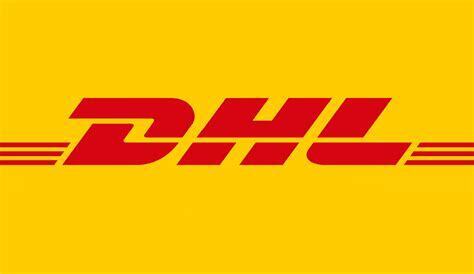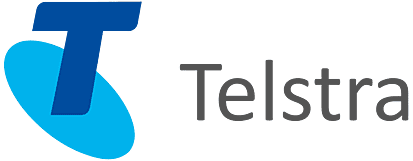Blockchain is gaining traction beyond cryptocurrency and has practical applications in workforce management. By providing secure, transparent, and tamper proof records, blockchain can potentially revolutionise how organisations manage their workforce, from recruitment to payroll and beyond.
First lets take a look at the potential applications of blockchain in workforce management.
1. Streamlining Recruitment
Blockchain can simplify the hiring process by securely storing candidate credentials, such as academic qualifications, work history, and certifications. Employers can verify this data instantly, eliminating the need for time consuming background checks and reducing fraudulent claims. For instance, IBM's blockchain solutions are already being used in talent acquisition to verify credentials (IBM, 2023).
2. Enhancing Payroll Efficiency
Blockchain enables automated, secure, and real time salary payments, particularly for global workforces. Smart contracts can be programmed to release funds upon task completion or milestone achievements, reducing administrative overhead and improving payment accuracy. Companies like Bitwage are utilising blockchain to provide international payroll solutions (Bitwage, 2022).
3. Ensuring Workforce Compliance
Blockchain can help track and manage employee compliance with industry regulations and certifications. Immutable records ensure accountability and transparency in audits and inspections. This application is particularly valuable in highly regulated sectors such as logistics, manufacturing, and healthcare.
4. Strengthening Workforce Data Security
Sensitive employee data, such as personal details and medical records, can be securely stored on a blockchain. Its decentralised nature reduces the risk of data breaches, ensuring compliance with privacy laws like Australia's Privacy Act 1988 (OAIC, 2023).
5. Facilitating Gig Economy Management
Blockchain can offer greater transparency and trust for freelance and contract workers by recording task agreements and payments. Platforms leveraging blockchain provide a reliable mechanism for managing gig economy transactions without intermediaries (World Economic Forum, 2022).
There however a number of challenges and considerations. While blockchain offers numerous benefits, it has high implementation costs, a steep learning curve, and the need for standardisation in protocols that could hinder its widespread use. Organisations must also consider integrating blockchain with existing systems and addressing regulatory uncertainties.
Blockchain holds significant potential to improve workforce management by fostering transparency, security, and efficiency. Although its adoption is still in its early stages, its applications in recruitment, payroll, compliance, and gig economy management are promising. Organisations willing to invest in blockchain technology now may gain a competitive advantage in managing their workforce.
Linq HR are Australian Employment and Workplace Specialists assisting organisations and employees be their best at work. Ph 1300234566.
References
- IBM, 2023. Blockchain in talent acquisition. Available at: https://www.ibm.com/blockchain/talent-acquisition Accessed 6 Jan. 2025.
- Bitwage, 2022. Blockchain-powered payroll solutions. Available at: https://www.bitwage.com Accessed 6 Jan. 2025.
- OAIC, 2023. Australian Privacy Act 1988. Available at: https://www.oaic.gov.au/privacy/australian-privacy-principles Accessed 6 Jan. 2025.
- World Economic Forum, 2022. Blockchain and the gig economy. Available at: https://www.weforum.org/reports/blockchain-and-gig-economy Accessed 6 Jan. 2025.









